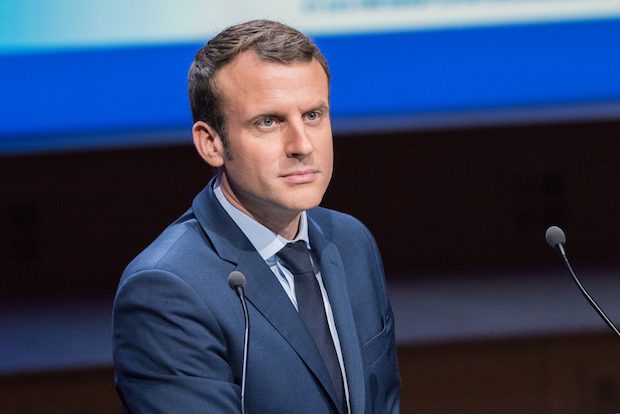Macron’s Empty Victory

Noah Millman has covered Macron’s election victory very thoroughly. I found this part most interesting:
If Macron’s program has the answers to France’s problems, then his election is an extremely good thing. We should none of us be cavalier about tossing out arrangements that have anchored our politics for so long, and nobody should be sanguine about the rise of the populist right. Populism is a symptom of deep dysfunction in a political system.
But you can’t crow about the decisive defeat of a symptom. You can only be pleased when the disease itself goes into remission. And I remain very skeptical that Macron has anything resembling a cure in his toolbox — among other things because he has mis-diagnosed the disease.
If an increasing number of people in France desire “greater control over their individual and collective lives,” as Millman says here, Macron isn’t going to come up with solutions that satisfy them. Continuing to ignore the concerns of a huge bloc of voters will make the next populist backlash that much stronger.
Perhaps the most striking thing about Macron’s landslide win is how little genuine enthusiasm there is for him or his agenda. He won one of the most lopsided presidential victories in modern French history, but it was in many respects an empty one. The election also saw relatively low turnout, a rate of abstention higher than in almost fifty years, and a huge number of blank or spoiled ballots. This was an electorate that grudgingly accepted Macron as the less awful of two options, but there doesn’t seem to be much confidence in him despite the gaudy final result.
Megan McArdle observes that there is a downside to being the “can’t lose” candidate in an election like this one:
But it seems very possible that presidents who make it into office that way could find themselves without the political capital that comes from winning an election because a majority of voters wanted you, or at least, wanted your side of the political spectrum. Those who gain office simply by being somewhat less horrifying than the alternative may find it hard to amass the popular support, and legislative majorities, they need to get anything done.
Samuel Earle and Harry Lambert quote a professor of French politics making much the same point:
But while the virtue of not being le Pen may prove enough to carry him to the presidency, it cannot carry him further. Over half of Macron’s supporters in the first round voted tactically—the highest percentage of any of the top four candidates—and only two in five of them believed his policies would improve their lives, the lowest proportion of any candidate.
“Macron’s constituency is very weak,” warns Philippe Marlière, a professor of French politics at University College London, “and it’s also by default. If you can’t rally people around yourself because of your policies and program, but only because you’re not Le Pen, you’re weak.”
Millman mentions Macron’s likely lack of a parliamentary majority after the legislative elections in June. That will make it difficult if not impossible for him to govern. Even if he avoids the dreaded cohabitation with a government of a different party, his “centrist” positioning opens him to attacks from both sides of the spectrum and leaves him with few reliable allies. I would add that it was his preferred reforms as economy minister a few years ago that contributed to the unpopularity of Hollande and the Socialists, so he is likely to encounter stiff resistance in any case. There is no reason to think that French voters are clamoring for a so-called “Third Way” agenda, and if Macron mistakes his victory as an invitation to pursue an agenda like that he may find himself isolated very quickly.
Comments